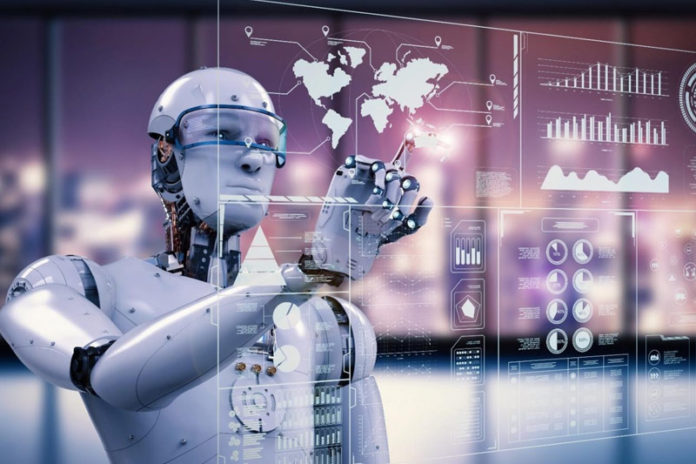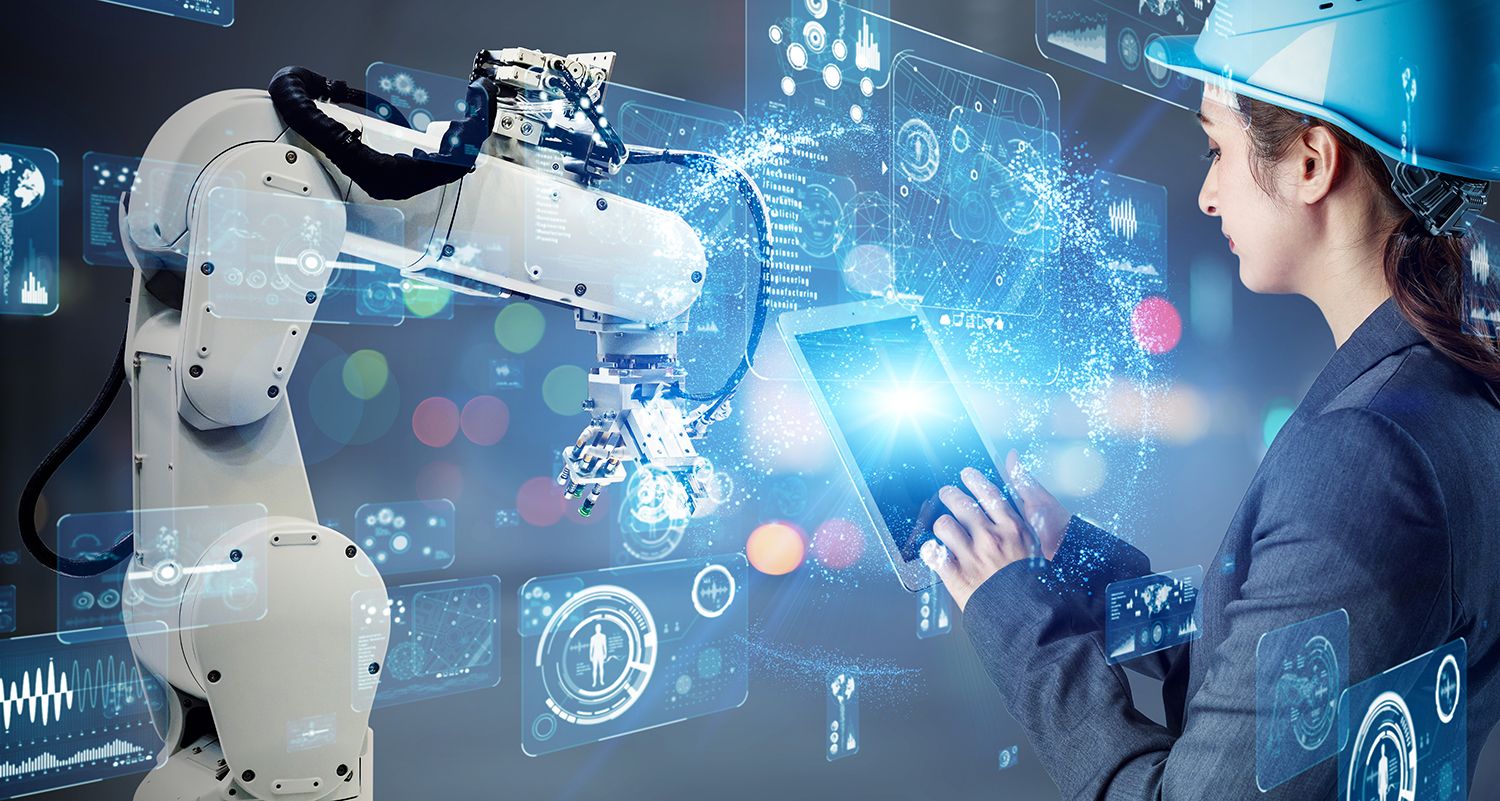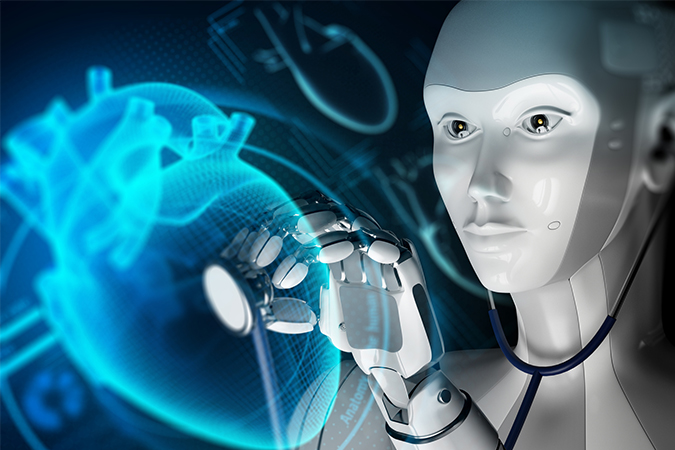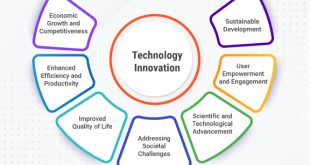Introduction
The world is rapidly changing, and technology is at the forefront of this revolution. Robotics is one of the areas that have seen significant growth, and its impact on automation cannot be underestimated. Robotics is the branch of technology that deals with the design, construction, operation, and application of robots. Robots are machines that can be programmed to perform various tasks automatically.
 Source: bing.com
Source: bing.comHistory of Robotics
The history of robotics dates back to ancient Greece, where the first automaton was built. However, the modern era of robotics began in the 1950s when the first industrial robot was created. Robotics has since then evolved tremendously, with the development of more advanced robots that can perform complex tasks.
 Source: bing.com
Source: bing.comThe Impact of Robotics on Automation
One of the significant impacts of robotics on automation is the increase in productivity. Robots can work tirelessly, without getting tired, and can perform tasks faster and more efficiently than humans. This has led to increased production rates and reduced labor costs.
 Source: bing.com
Source: bing.comAnother impact of robotics on automation is the improvement in quality control. Robots can perform tasks with high accuracy and precision, thereby reducing errors that can occur due to human fatigue or error. This has led to increased product quality and reduced defects.
 Source: bing.com
Source: bing.comRobotics has also had an impact on safety in the workplace. Robots can perform tasks that are dangerous or risky for humans, such as working in high temperatures, handling hazardous materials, or working in confined spaces. This has reduced the risk of accidents and injuries in the workplace.
 Source: bing.com
Source: bing.comThe Future of Robotics
The future of robotics is exciting, and the possibilities are endless. Robotics is expected to play a significant role in various industries, including manufacturing, healthcare, and agriculture. The following are some of the ways in which robotics is expected to evolve in the future.
Artificial Intelligence
One of the significant areas of development in robotics is artificial intelligence. Robots are expected to become more intelligent, with the ability to learn from their surroundings and adapt to new situations. This will enable robots to perform more complex tasks and work alongside humans collaboratively.
 Source: bing.com
Source: bing.comCollaborative Robots
Another area of development in robotics is collaborative robots, also known as cobots. These are robots designed to work alongside humans, assisting them in their tasks. Cobots are expected to become more prevalent in the workplace, especially in industries where the tasks are repetitive or dangerous for humans.
 Source: bing.com
Source: bing.comMobile Robots
Mobile robots are robots designed to move around autonomously, without the need for human intervention. These robots are expected to become more prevalent in industries such as healthcare and logistics, where they can be used to transport goods and equipment.
 Source: bing.com
Source: bing.comSoft Robots
Soft robots are robots designed to mimic the movements and capabilities of living organisms. These robots are expected to become more prevalent in industries such as healthcare, where they can be used for surgical procedures or drug delivery.
 Source: bing.com
Source: bing.comConclusion
The future of robotics is promising, and the impact of technology on automation is inevitable. Robotics has already transformed various industries, and its impact is expected to continue to grow in the future. As the technology continues to evolve, we can expect to see more advanced robots that can perform tasks that were once thought impossible.
Related video of The Future of Robotics: The Impact of Technology on Automation
DAFTAR ISI
 Majalah Pulsa Kumpulan Berita dan Informasi Seputar Teknologi
Majalah Pulsa Kumpulan Berita dan Informasi Seputar Teknologi


